Below is a viewpoint from the Foresight Africa 2023 report, which explores top priorities for the region in the coming year. Read the full chapter on climate change.
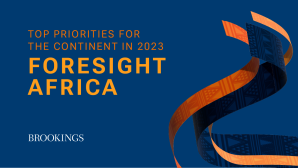 In a world that suffers from a surplus of crises and a deficit of trust, and after many years of unfulfilled promises, it is of no surprise that the main theme for the 27th session of the Conference of the Parties to the United Nations Framework Convention on Climate Change (COP27) was that of “implementation.” We must move beyond pledges and into action, to address Africa’s climate problems without exacerbating its already high debt burden.
In a world that suffers from a surplus of crises and a deficit of trust, and after many years of unfulfilled promises, it is of no surprise that the main theme for the 27th session of the Conference of the Parties to the United Nations Framework Convention on Climate Change (COP27) was that of “implementation.” We must move beyond pledges and into action, to address Africa’s climate problems without exacerbating its already high debt burden.
Climate change costs Africa between 5 percent and 15 percent of its per capita GDP every year, with 278 million of the population suffering from chronic hunger, and 250 million living in high water stress. Yet, Africa is a continent with ample opportunities, especially when it comes to clean and renewable energy. Climate change can provide almost $3 trillion worth of investment opportunities in Africa.
However, climate finance is far short of what is needed. Africa needs $277 billion annually to implement its Nationally Determined Contributions by 2030. Annual climate flows stand at $30 billion; less than 11 percent of what is required. Moreover, almost 55 percent of Africa’s climate finance is in the form of debt, with the private sector accounting for no more than 14 percent of total climate finance and 3 percent of adaptation finance.
For implementation to be possible, this must change. First, as a token of trust, rich countries must deliver on their promised $100 billion a year. To date, only seven out of 23 countries have mobilized their fair share. Even if delivered, that is only a drop in the ocean. Much more financing must flow to support Africa’s adaptation and accelerate its mitigation.
Second, with already soaring debt levels and borrowing costs, climate action must be funded through more equity investments and concessional financing. Climate finance is inefficient, insufficient, and unfair.
With already soaring debt levels and borrowing costs, climate action must be funded through more equity investments and concessional financing. Climate finance is inefficient, insufficient, and unfair.
Efficient lending mechanisms such as the World Bank’s International Development Association (IDA), traditionally provided to lowest-income countries, should be extended to low-middle income countries, and adopted by various multilateral institutions. Less than half of African countries today are classified as low-income. Moreover, multilateral development banks need to increase their risk appetites to de-risk climate investments in Africa and enhance projects’ viability for investment. Third, it is critical that investments from the private sector be scaled up. In COP26, through the Glasgow Financial Alliance for Net Zero (GFANZ), over 450 financial firms across 45 countries, responsible for over $130 trillion of private capital, committed to accelerate transition to net zero and mobilize capital to emerging and developing economies. Those assets must be turned into investment flows to developing countries. For that matter, the GFANZ Africa Network was launched in Egypt, in September 2022, to enhance private finance flows into the continent.
Contrary to common perception, African countries can provide investable climate project pipelines. This was evident in the unprecedented initiative, launched by the COP27 presidency, in partnership with the U.N. Regional Economic Commissions and the High-Level Champions for COP26 and COP27. In a series of five regional investment forums, starting with Africa, 19 core projects were presented, split equally between mitigation and adaptation. With a total cost of around $37 billion, projects covered different areas, including energy, food, water, cities, carbon markets, and the blue economy.
Finally, innovative financing solutions must be encouraged. Debt for climate and nature swaps, especially those linked to sustainability key performance indicators, can boost investments while reducing debt in African countries. Moreover, developing high-integrity voluntary carbon markets in Africa can provide valuable revenue streams for climate action.
The Brookings Institution is committed to quality, independence, and impact.
We are supported by a diverse array of funders. In line with our values and policies, each Brookings publication represents the sole views of its author(s).

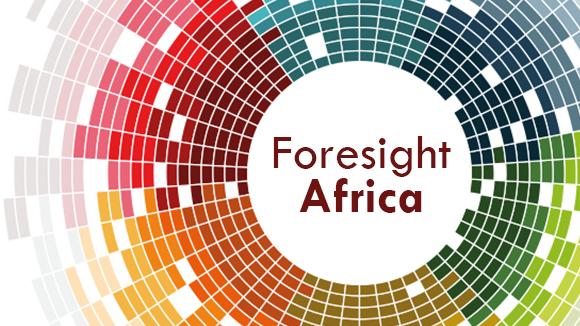
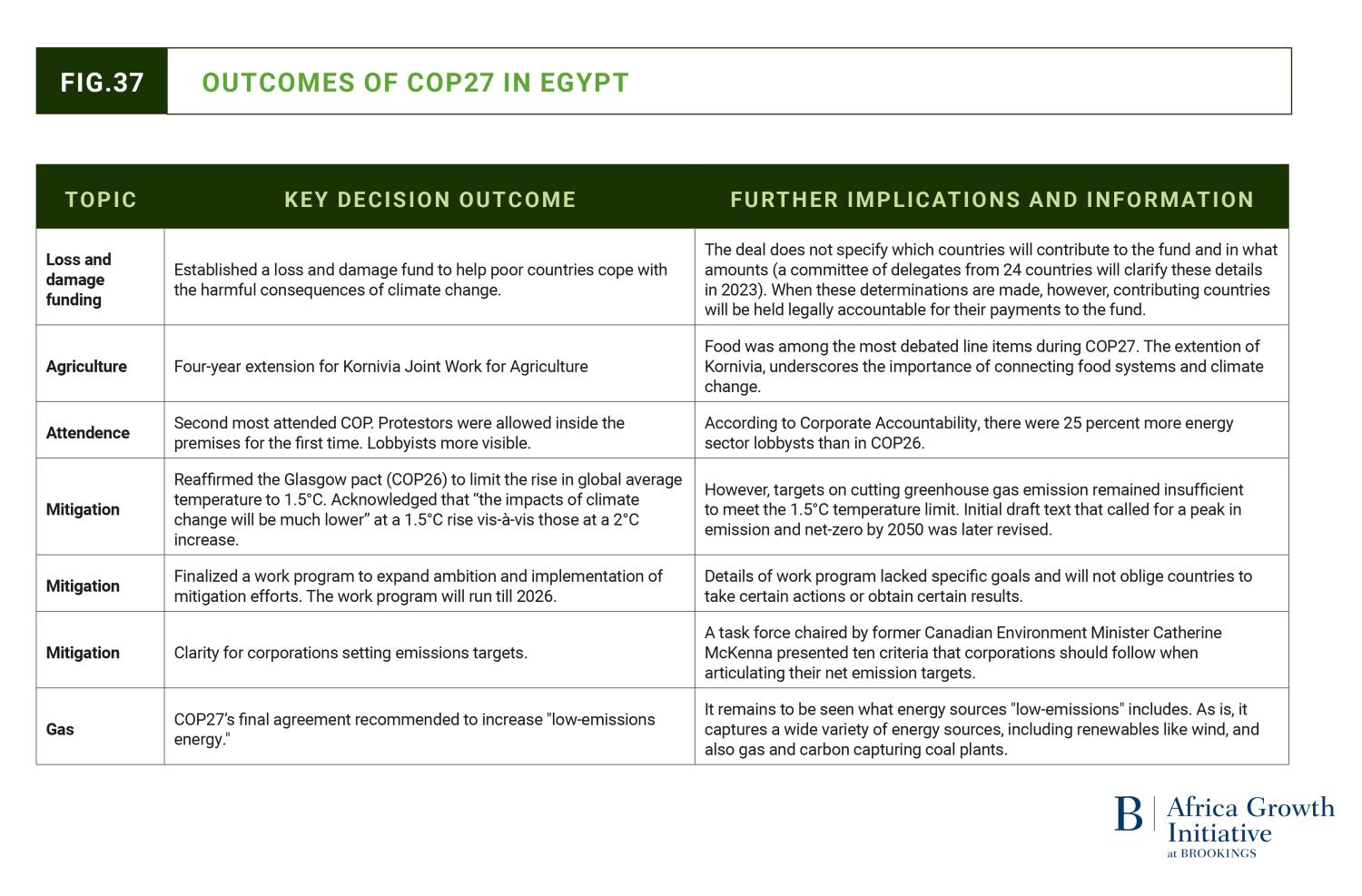

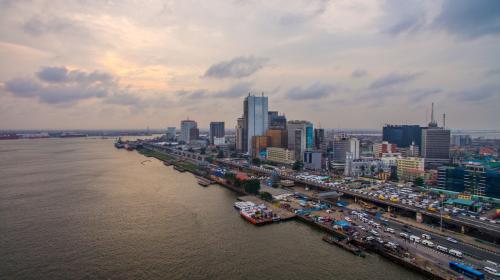
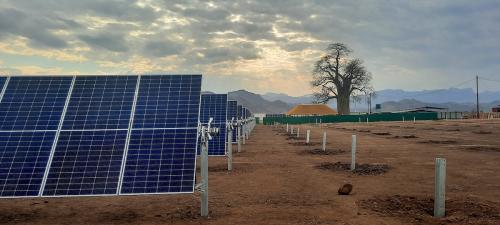
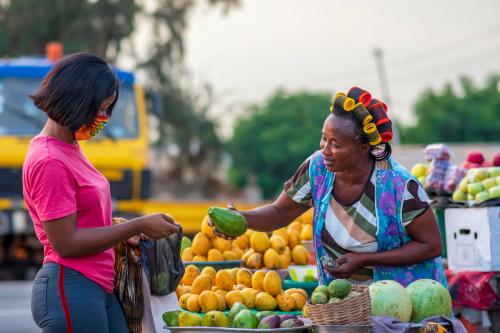

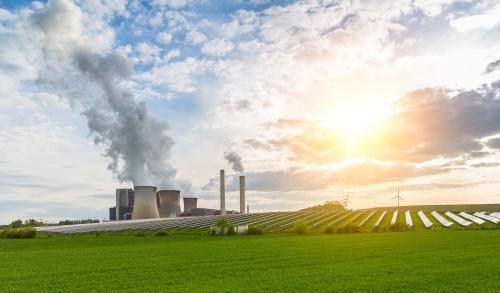
Commentary
The case for climate financing
August 25, 2023